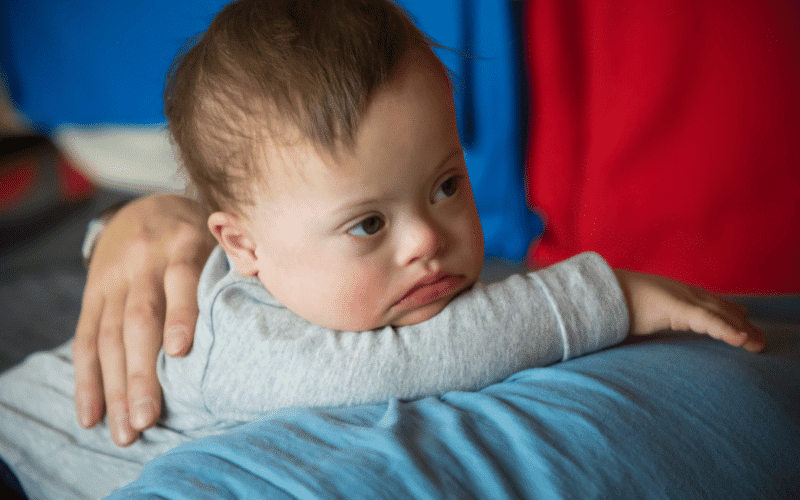Symptom 9: The Invisible Indicator – Retinal Hemorrhage

Retinal hemorrhages signify an unseen yet potent danger within the realm of shaken baby syndrome (SBS). These refer to bleeding behind the eyes, which, while invisible to an untrained eye, can be revealed during a medical examination using specific tools like an ophthalmoscope. This symptom, though less known, is a significant identifier of SBS and serves as a crucial piece in the diagnostic puzzle.
A consequence of the violent forces involved in SBS, retinal hemorrhages, occur when the blood vessels behind the infant’s eyes rupture. The forces experienced during shaking cause rapid back-and-forth movement of the head, leading to the vitreous (the gel-like substance inside the eye) tugging on the retina. This pull can cause retinal blood vessels to break, leading to hemorrhages.
While retinal hemorrhages are typically invisible without medical equipment, there might be indirect indications of this injury. The infant may exhibit sensitivity to light or irregular pupil reactions. However, it is crucial to note that these signs are not always present. Thus, it can be challenging for caregivers to detect this symptom without the aid of a medical examination.
The lack of visible signs of retinal hemorrhage underscores the importance of medical evaluation when SBS is suspected. Without a thorough examination by an ophthalmologist, retinal hemorrhages can go undetected. An unnoticed retinal hemorrhage might lead to delayed intervention, worsening the child’s prognosis. Therefore, if SBS is suspected, immediate medical attention is non-negotiable.
The presence of retinal hemorrhages in an infant is a significant concern. Not only does it indicate the severity of the shaking involved, but it may also lead to long-term vision problems. Therefore, even after immediate medical intervention and treatment, ongoing care and monitoring might be necessary for infants who have suffered from this symptom of SBS. (9)